
Donor Highlight, Meegan Holland
We are so fortunate to have wonderful patrons of the arts in our region, and we love getting to hear their thoughts and reflections on what the arts mean to them. Thanks to Meegan Holland for all she does to support the Arts Council and the arts scene in Greater Lansing. We are pleased to share her responses to our questions.
Arts Council: How did you become introduced to the Arts Council and how many years have you been a fan and supporter?
Meegan Holland: I was entertainment editor at the Grand Rapids Press and our theater critic, David Nicolette, always insisted on traveling to Lansing to review Boarshead’s productions. When I was transferred to Lansing in 1990 to work for all eight Booth Newspapers, I immediately called Boarshead Managing Director Judy Peakes and told her I’d love to volunteer. She took me up on the offer and that was my introduction to the arts here because Boarshead shared a physical space with the Arts Council and Lansing Art Gallery. I remember being pleasantly surprised by Lansing’s rich grass-roots cultural scene.
AC: What are some of your favorite memories of your involvement with the organization?
MH: Here’s the first thing that popped to my mind: The wild and wonderful Holiday Glitter parties of the 1990s. It was a different time, with free-flowing drinks, great conversation and the best bartender ever, the late actress Linda Gras. Plus, it was always delightful to hear former executive director Sue Mill’s perspective on the arts, and I’m happy to say, subsequent Arts Council leaders have been just as savvy.
AC: What personal connections to arts and culture did you have (or still have) in Greater Lansing?
MH: I served on the Boarshead Theater and Friends of Kresge Art Museum boards. Now, they’re both gone, sad to say, but robust organizations filled those vacuums (Williamston Theatre and Broad Art Museum). I also helped manage Creole Gallery in Old Town, now known as The Creole restaurant. My life and business partner, Robert Busby, curated the art shows, and I produced concerts. During those Creole Gallery days (1999-2007), jazz, Americana, world music, bluegrass, poetry and other genres were performed on our small stage. We hosted artists ranging from Wynton Marsalis to Chris Smithers to Victor Wooten and Peter Ostroushko. At the end, we were selling out every concert, but then Robert died and it was just too difficult to carry on.
Currently, I’m on the Williamston Theatre board and working on a project with East Lansing and Artspace, a national consultant out of Minneapolis, in hopes of providing attainable housing for creatives. I’m also on the Capital Region Community Foundation board, which has made a huge impact on placemaking in the region, often providing more spaces for the arts to be seen and heard.
AC: What is important about the arts for you?
MH: How many people have said that painting or music helped get them through a horrible time in their lives? How many students who couldn’t find their way in school became inspired by a dance teacher or musical theater? The arts are a lifeline – not just to pull us through tough times but also to enrich the quality of our lives. I’m so inspired by the Ukraine artists who continue to do their work, despite the war going on around them. Nothing can kill creativity.
AC: What is “your thing” in the arts? (What are your favorite arts activities?)
MH: I’m not very artistic, but I’m a damn good patron. I donate time and money to artistic causes, and I buy art in all its forms. I wish I had more walls and shelves to show or store it all, but they’re filled. I love to talk to those who create – I want to hear their perspectives and find out why they do what they do. They’re different from me, and those differences are something to celebrate. As this pandemic veil lifts, I can’t wait to go to more art shows, theater, dance, poetry readings and concerts.
AC: What are your hopes for the role of arts and culture in our region in the future?
MH: I would love to see Lansing/East Lansing build a more robust music scene. In the early 2000s, there were many venues for musicians to play and artists to show their work. I’m excited about The Ovation performing arts center planned for Lansing, but we also need more stages and galleries for local people to test what they can do. That’s what makes a vibrant arts scene and grows great artists. Some venues exist, like the Robin Theater and Urban Beat, but we always need more.
I would also like to see more festivals. I miss the Great Lakes Folk Festival – the quality of the artists was outstanding. But it takes money and a massive staff and volunteer effort to mount such festivals. If I learned anything from my experience with the early days of Old Town, festivals can make a difference in drawing positive attention to an area.
AC: What other things, if any, would you like to share?
MH: One of the reasons for Creole Gallery’s success was because we built partnerships with the Ten Pound Fiddle music series, the Jazz Studies program at MSU, the Kresge Art Museum, Goldenrod Music, Elderly Instruments and other organizations who could steer us to talent. Lansing had many people with a deep understanding of arts production when I came on the scene, and I mined it for all it was worth. I’m grateful to all the people who were generous with their knowledge; I felt very nurtured, and you don’t always find that. Some towns can be very turf-oriented or top-down in their arts production. Lansing is very grassroots, and producers and artists here have a can-do, generous vibe. We just need to make more opportunities to mentor up-and-coming artists and give them a platform.
Also, a bit of advice to consumers of art: Don’t be intimidated. When Robert and I managed Creole Gallery, we’d see people cup their hands up against the window to peek in, but they’d hesitate to cross the threshold. I’d run out and say, “Come on in and just look! You don’t have to buy a thing.” Just getting them to look at the art and talk about it was gratifying. Artists, performance artists and musicians want to discuss their motivation and hear your interpretation. Those conversations are a wonderful thing, so don’t deny yourself that pleasure by being nervous to reach out and ask questions. More importantly, support the artist if you admire what they do.
